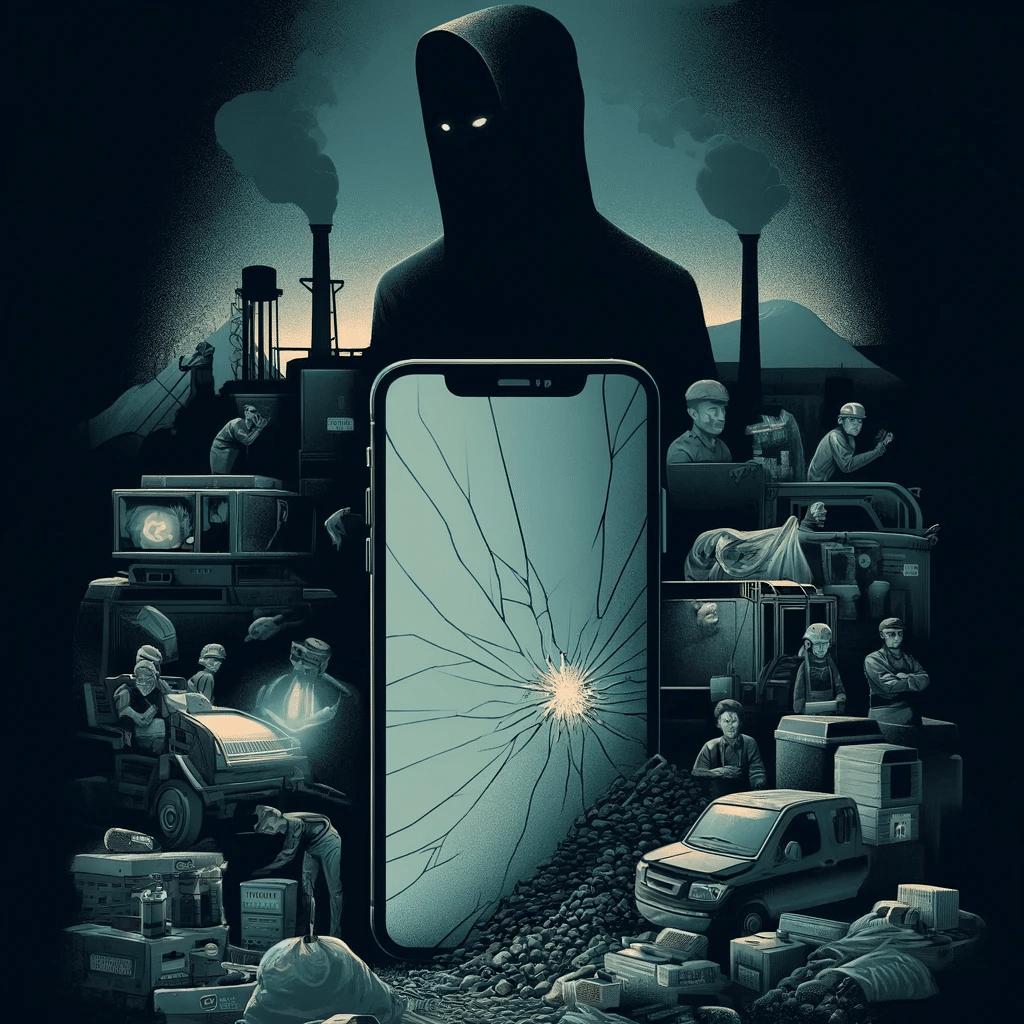The iPhone is one of the most iconic and successful products in the world, admired for its sleek design, advanced technology, and seamless user experience. However, behind the glossy marketing and premium pricing lies a darker reality that many consumers overlook. From questionable labor practices to planned obsolescence, here’s a closer look at the less glamorous side of Apple’s flagship device.
1. Ethical Concerns: Exploitative Labor Practices
One of the biggest controversies surrounding the iPhone is the labor conditions in the factories where they are produced. Apple’s supply chain has faced allegations of:
- Poor working conditions in factories, particularly in China.
- Child labor and exploitative wages in cobalt mines supplying materials for batteries.
- High suicide rates among factory workers due to extreme pressure and long hours.
Although Apple claims to enforce ethical labor standards, reports suggest that issues persist, raising concerns about the true cost of each iPhone.
2. Planned Obsolescence: Shorter Lifespan, More Sales
Apple has been accused of deliberately slowing down older iPhones to push users toward upgrading to newer models. In 2017, Apple admitted to throttling the performance of older devices to “preserve battery life,” but many saw this as an attempt to encourage more sales. Other tactics include:
- Batteries that degrade quickly and are costly to replace.
- Limited repairability, forcing users to buy a new device instead of fixing the old one.
- Software updates that eventually render older models sluggish and outdated.
3. Exorbitant Pricing and Hidden Costs
Apple markets the iPhone as a premium product, but the price tag doesn’t always reflect the actual cost of production. Some concerns include:
- High retail prices despite relatively low manufacturing costs.
- Essential accessories like chargers and earphones being sold separately.
- Costly repair fees that make fixing an iPhone nearly as expensive as buying a new one.
4. Privacy Issues and Data Collection
Apple claims to prioritize user privacy, but its track record has raised some questions. While iPhones are known for strong encryption and security measures, Apple still:
- Collects significant amounts of user data for targeted advertising.
- Has faced pressure from governments to unlock devices and provide access to user data.
- Uses iCloud services that have been hacked in the past, compromising personal information.
5. Environmental Impact: E-Waste and Resource Depletion
Apple promotes itself as an environmentally responsible company, but the reality isn’t as green as it seems. Some major concerns include:
- Millions of discarded iPhones contributing to electronic waste (e-waste).
- Non-recyclable materials making it difficult to properly dispose of old devices.
- Mining of rare earth materials causing environmental destruction and pollution.
Final Thoughts: Is the iPhone Worth It?
While the iPhone remains a technological marvel, it comes with ethical, financial, and environmental consequences that many consumers may not be aware of. As a buyer, being informed about these realities can help you make a more conscious decision about your next smartphone purchase.
What are your thoughts on the dark reality of the iPhone? Share your opinions in the comments below! 📱💭

